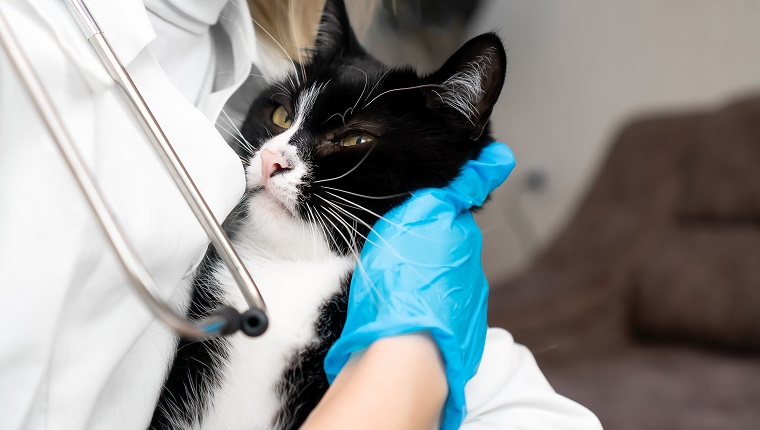Lens luxation in cats is a medical condition that occurs when one of a cat’s lenses becomes dislocated. The condition can be categorized as either anterior luxation or posterior luxation depending on whether the lens falls forward or backwards respectively when it dislocates.
This condition can often be caused by some form of inflammation that is affecting the eye area.…







